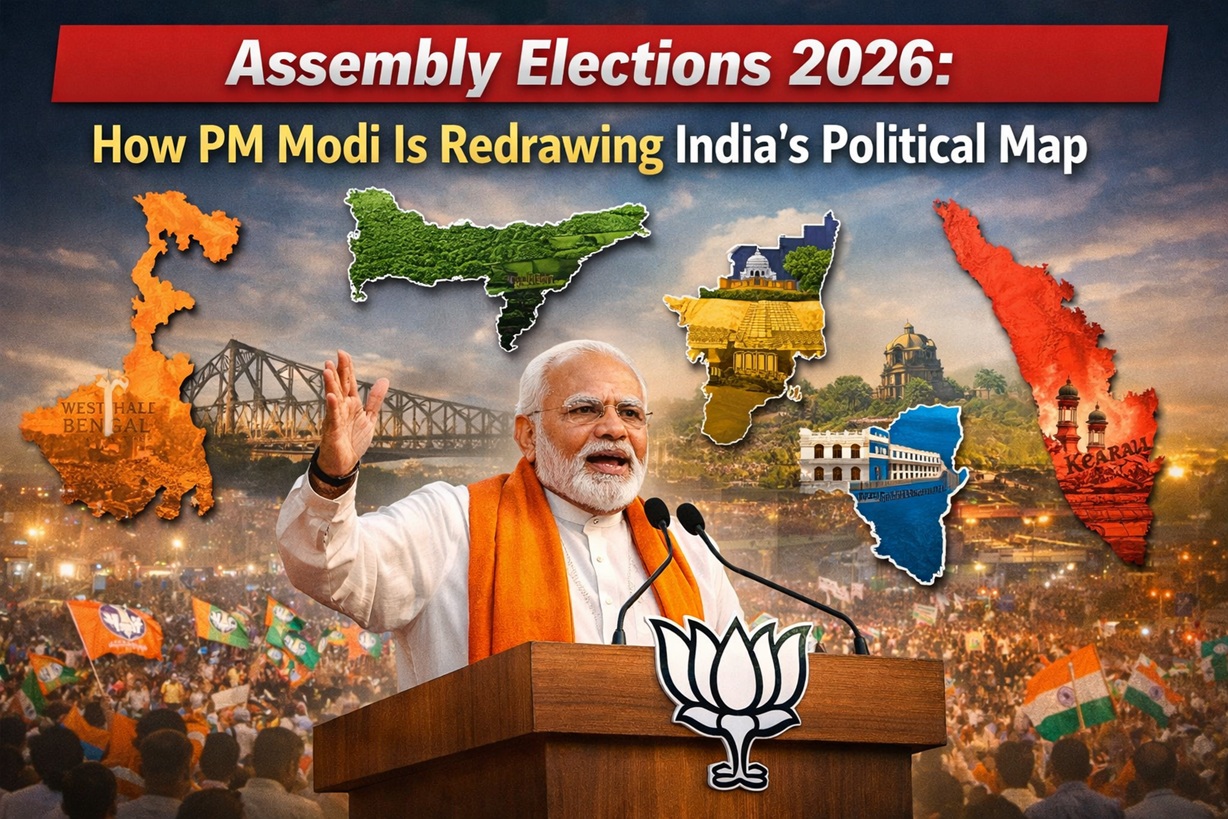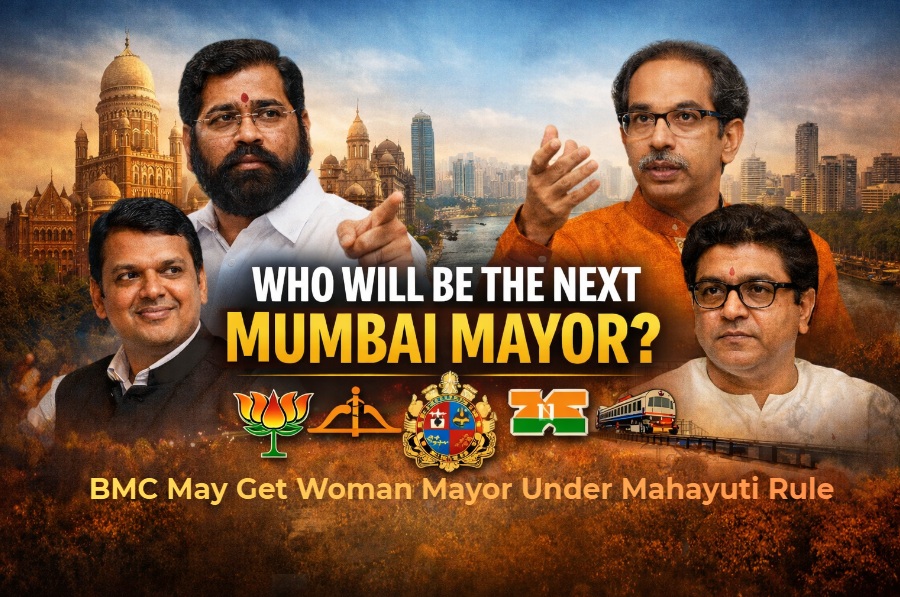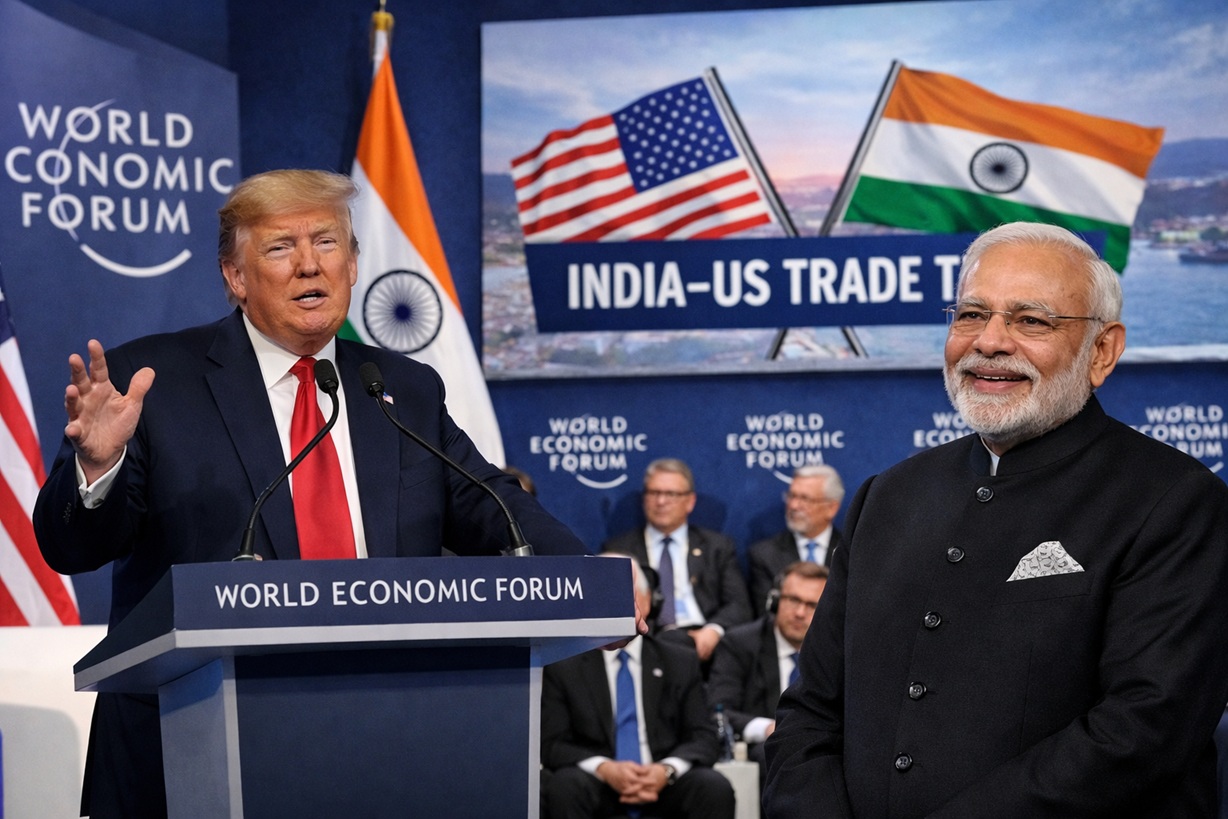The voting process for the Delhi Assembly elections has concluded, and the exit polls have been released by various media agencies. These projections indicate a significant shift in the political landscape of the capital, suggesting a major setback for Arvind Kejriwal’s Aam Aadmi Party (AAP). Meanwhile, the Bharatiya Janata Party (BJP) appears to be on track for a resounding victory, while the Congress party struggles to maintain relevance.
Exit Poll Projections: AAP’s Declining Grip on Delhi
Exit polls across different media houses have revealed a clear trend—AAP is unlikely to retain power, with BJP emerging as the dominant force. The projections suggest that BJP could secure between 50 to 55 seats, while AAP may be limited to 15 to 20 seats. The Congress party, which once ruled Delhi for 15 consecutive years, is expected to win little to no seats.
If these exit poll numbers translate into actual results on counting day, February 8, it will mark a significant shift in Delhi’s political scenario. Kejriwal’s AAP, which won a landslide victory in 2020 with 62 out of 70 seats, now finds itself in a precarious position.
Reasons Behind BJP’s Surge
Several factors have contributed to BJP’s strong performance in these elections.
- Strategic Voter Mobilization: The BJP effectively managed its voter turnout on election day, particularly after 3 PM. The party ensured that its supporters came out to vote by tracking voter lists and reaching out to those who hadn’t cast their ballots. A similar strategy had worked in Maharashtra’s elections, where BJP’s late-stage mobilization helped it secure crucial votes. Since most exit poll data is based on pre-3 PM voting trends, the final results could be even more favorable for the BJP.
- Failure of AAP’s Governance Model: Arvind Kejriwal rose to power by positioning himself as an anti-corruption crusader and delivering on promises like free electricity, water, and education reforms. However, over time, multiple controversies, including corruption allegations in the liquor policy case and the Sheesh Mahal controversy, dented AAP’s credibility. The promise of free services, which was once a strong electoral advantage, no longer seems to hold the same appeal.
- Congress’s Diminishing Presence: The Congress party’s downfall in Delhi can be traced back to 2013 when Kejriwal’s AAP emerged as an alternative. Over the years, Congress has failed to reclaim its voter base, and internal conflicts have further weakened the party. In this election, Congress was unable to position itself as a serious contender, leading anti-AAP voters to rally behind BJP as the only viable alternative.
- BJP’s Organizational Strength: BJP leveraged its vast party network and the support of the Rashtriya Swayamsevak Sangh (RSS) to conduct grassroots-level outreach. Unlike AAP, which relied heavily on Kejriwal’s individual appeal, BJP focused on collective leadership, utilizing both local leaders and national figures, including Prime Minister Narendra Modi. The party’s message—continuing existing welfare schemes while promising better governance—resonated with voters.
Implications of BJP’s Expected Victory
If BJP secures a landslide victory, the ramifications will be significant:
- End of Kejriwal’s Dominance: A major defeat would signal the decline of Kejriwal’s influence in Delhi and at the national level. Already facing dissent within his party, a loss in Delhi could weaken AAP’s hold in Punjab, its only other stronghold.
- Congress’s Continued Irrelevance: If Congress fails to win any seats, it will confirm its political irrelevance in Delhi, further pushing the party towards electoral obscurity in the capital.
- Reshaping of Delhi Politics: BJP’s victory will mark a shift in governance priorities, with an emphasis on infrastructure, law and order, and Modi’s vision for Delhi’s development.
What’s ahead?
With only a few days left until the official results, all eyes are on February 8. If the exit polls hold true, Delhi’s political landscape is set for a major transformation, with BJP cementing its control and AAP facing an existential crisis. The outcome will not only determine Delhi’s governance for the next five years but also impact the broader national political discourse leading up to the 2029 General Elections.





